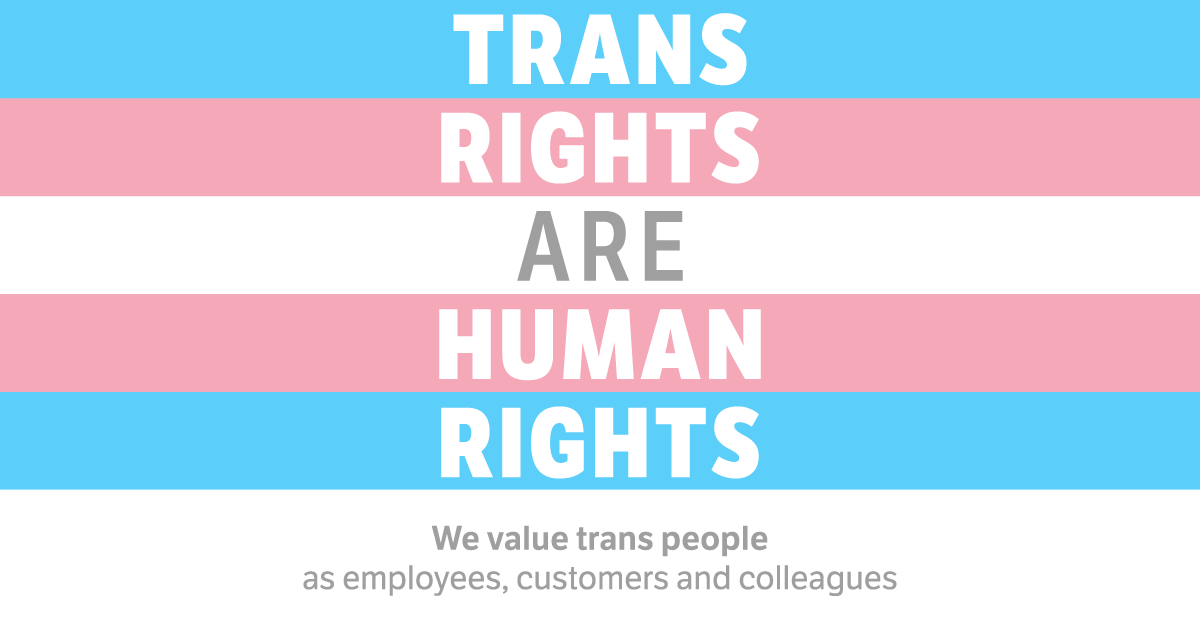This blog is written by Rachel Duncan, HR Director, at Experian.
At Experian, we encourage our employees to bring their whole selves to work and have created a culture of inclusion that helps to fuel our continued product innovation. We understand the incredible value in having a truly diverse workforce and this means removing barriers and working through challenges we all may face in and outside the workplace.
That’s why we are proud to be supporting Stonewall’s ‘Trans Rights Are Human Rights’ campaign today to help reform the Gender Recognition Act (GRA) 2004. We believe that all trans people should be protected and supported with legal and policy framework that enables them to live with dignity, privacy and respect, free from fear, isolation and discrimination.
The GRA was introduced in 2004 to allow trans people to apply for legal recognition of gender in which they live. However, the process in doing so is expensive, intrusive and takes a very long time. To apply for a Gender Recognition Certificate (GRC), which allows someone to legally change their gender, the individual will have to overcome many psychological challenges and it can be very emotionally taxing.
It’s estimated that just 12% of trans people have a GRC, despite 92% of trans people stating in the National LGBT Survey (2018) that they would be interested in getting one. GRA reform is therefore a key step in allowing legal gender recognition to become accessible to this marginalised community.
The reform requests the removal of having to disclose a psychiatric report or proof of diagnosis in order to obtain legal recognition. It moves to allow trans people the human right to decide their gender for themselves and protect all trans and non-binary people’s rights to privacy and to family life.
As well as this, non-binary people should be able to legally change their gender to reflect who they are including amending their birth certificate to reflect this.
The reform should also include the removal of the spousal veto. This veto allows for the spouse of a trans person the decision as to whether they can change their gender and gives control over to someone who may not have their best interests at heart.
We are fully committed in ensuring LGBTQ inclusion which means, as well as evolving our own internal policies and practices, we must also contribute to external debates that campaign for equality.
Our Experian Pride network has been instrumental in helping us drive change throughout the business, whilst also educating and raising awareness amongst our colleagues about the LGBTQ community. This includes supporting a collaboration with Stonewall and our HR teams to create our new ‘Transitioning at Work’ policy, along with raising money for transgender charity, Mermaids.
Experian is part of a growing group of leading businesses who have joined forces to support trans equality, so we hope that together we can make a real difference to the lives of trans people across the UK.
See our interview with Lewis Hayden, Service Desk Specialist and Experian Pride Network Member.
